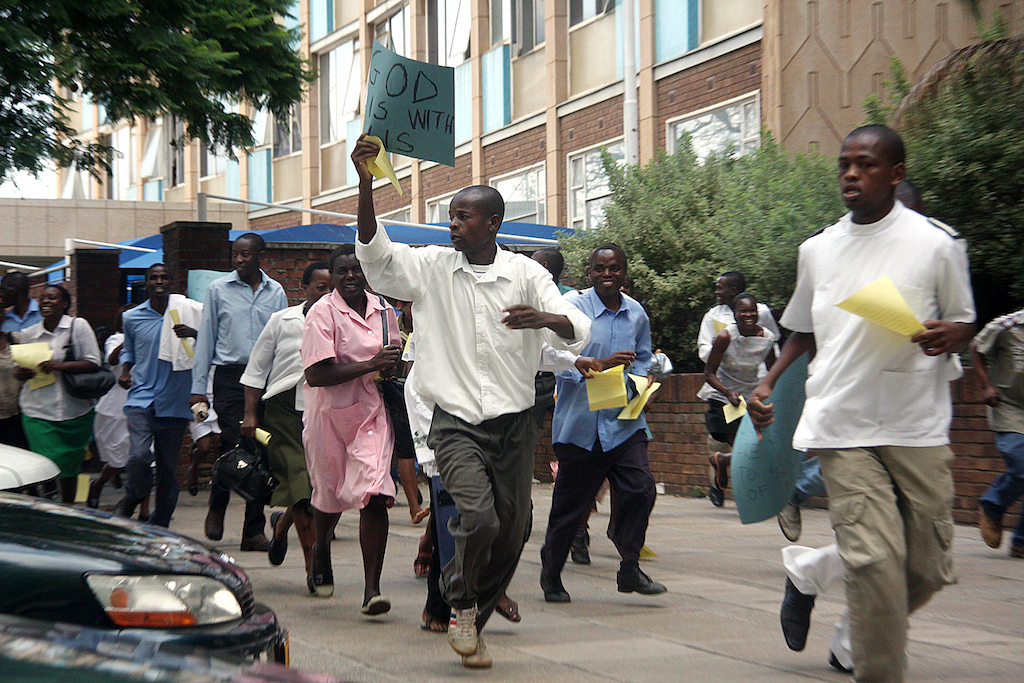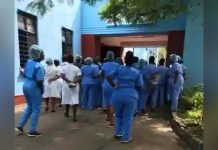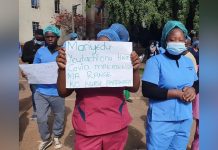Government insists senior doctors are not on strike despite consultants at the country’s biggest referral centre Parirenyatwa Hospital early this week confirming had downed their stethoscopes.
Health Minister Obadiah Moyo told journalists at a post-Cabinet briefing Thursday, that they were free to visit the hospital to confirm all was well.
“I would like to clarify that there is no one on strike in the health sector. If reporters want, they can go to Parirenyatwa Hospital and confirm. The senior doctors called me for a meeting on issues they were not happy about especially the purchasing of drugs by the administration which was taking too long.
“We have since advised the administration to follow proper tender procedures regarding purchasing of drugs and essential commodities which doctors wanted to be speeded up,” Moyo said.

BILLY MUTAI (NAIROBI)
“We made sure the issue of supplies is well taken care of. We wanted to come up with a budget for the whole country and not only Parirenyatwa. Finance minister Mthuli Ncube has sourced RTGS$1 million for the purchase of medicines and other commodities.”
The Health Minister blamed sanctions and foreign currency shortages for the problems, however admitting medical practitioners had “scaled down due to commodity shortages.”
Moyo added that government has made arrangements with local medical suppliers to use their free funds to purchase equipment and other commodities then sell to government in local currency.
“We also wanted to advise them that we have made arrangements with local drugs and equipment firms. There are some local medical companies/suppliers (who are) in a position to utilise their own free funds.
“They are going to buy medicines and equipment for resale to government in RTGS$. We are finalising the deal this coming week so that we normalise our supplies and equip our hospitals,” the minister added.
The senior doctors in a meeting with Moyo Wednesday, held at Parirenyatwa Hospital accused government of failing to provide the essential drugs and equipment required for smooth operations turning the country’s health institutions into death traps.
In December last year, junior doctors went on strike demanding better working conditions including salaries in foreign currency. The industrial action came after nurses had also gone on strike early last year over similar issues with government threatening to fire all of them before the decision was rescinded.
Zimbabwe’s health delivery system has all but collapsed after years of neglect by government.






